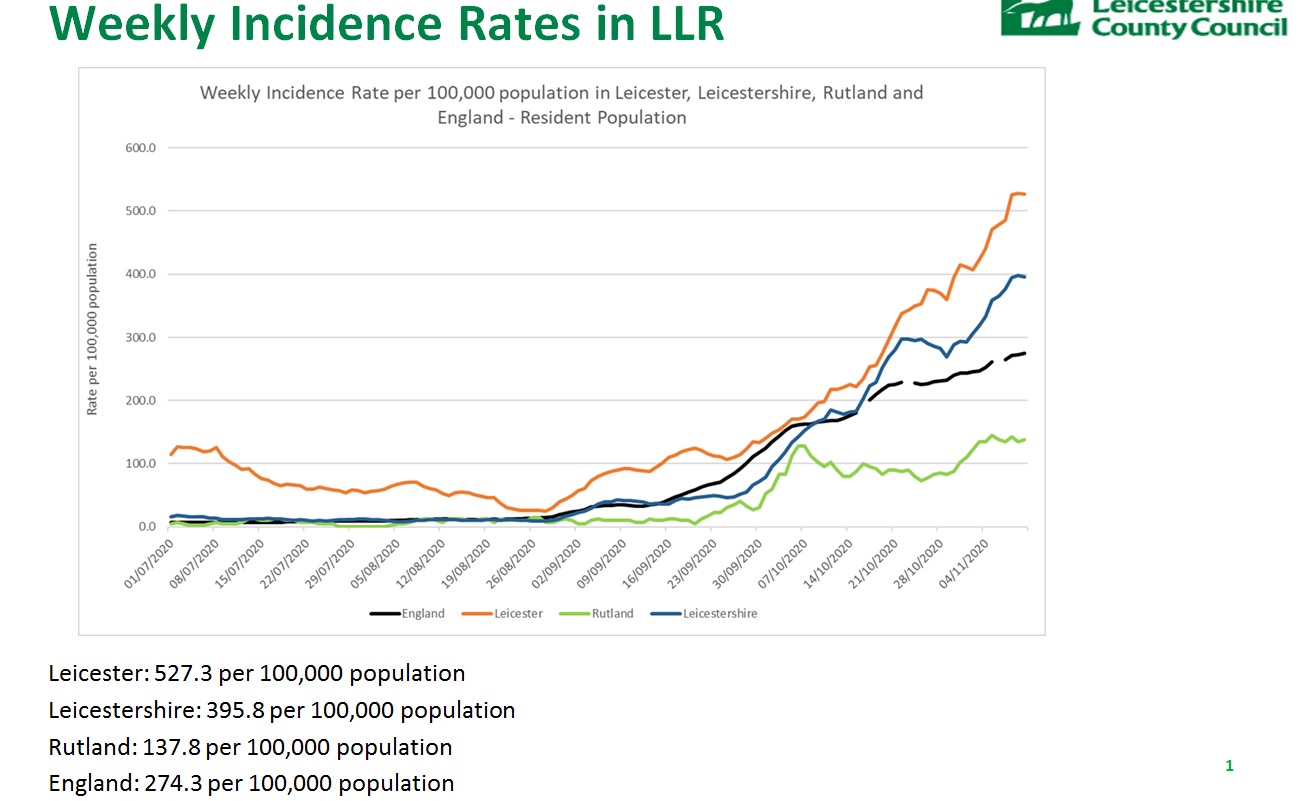Blackout In Spain: Iberdrola's Allegations Against The Electricity Grid

Table of Contents
Recent blackouts in Spain have plunged communities into darkness, sparking widespread public concern and raising serious questions about the resilience of the nation's electricity grid. These power outages, affecting homes, businesses, and critical infrastructure, have highlighted vulnerabilities within the Spanish energy system. Iberdrola, Spain's largest electricity company and a key player in the national energy landscape, has directly implicated the state of the electricity grid itself, issuing a series of allegations that have ignited a fierce debate. This article will delve into Iberdrola's specific claims regarding the causes of these blackouts in Spain, examining the government's response, the role of renewable energy, and the broader economic and social consequences. We will explore keywords like "Spanish power outages," "electricity grid failures in Spain," and "blackouts in Spain" to provide a comprehensive analysis.
2. Main Points:
2.1 Iberdrola's Specific Allegations Regarding the Electricity Grid:
Iberdrola's accusations paint a concerning picture of Spain's electricity grid infrastructure. They contend that years of insufficient investment, coupled with outdated infrastructure and a lack of proactive maintenance, have left the grid dangerously vulnerable to failures. This vulnerability, they argue, is directly responsible for the recent spate of blackouts.
- Insufficient Investment: Iberdrola claims that underinvestment in grid modernization has resulted in a system struggling to cope with current energy demands.
- Outdated Infrastructure: They point to aging components and a lack of digitalization within the grid as significant contributing factors to the power outages.
- Lack of Maintenance: Iberdrola alleges a deficiency in preventative maintenance, leading to equipment failures and cascading outages.
- Renewable Energy Integration Challenges: While not explicitly stated as the sole cause, Iberdrola's statements also implicitly acknowledge the difficulty of seamlessly integrating increasing amounts of intermittent renewable energy, such as solar and wind power, into the existing grid infrastructure. This requires significant upgrades to the grid's transmission and distribution capabilities.
These alleged deficiencies, according to Iberdrola, have severely impacted the reliability and stability of the Spanish electricity grid, leading to the widespread blackouts and jeopardizing energy security. The implications of inadequate grid infrastructure extend beyond mere inconvenience; they pose a significant threat to economic productivity and public safety.
2.2 The Government's Response and Counterarguments:
The Spanish government has responded to Iberdrola's allegations with a mixture of defense and acknowledgment. While acknowledging the need for ongoing improvements to the electricity grid, government officials have largely rejected Iberdrola's claims of systemic negligence.
- Emphasis on Investment: The government points to ongoing investment programs aimed at upgrading and modernizing the national grid, highlighting various initiatives related to infrastructure improvements and renewable energy integration.
- Regulatory Oversight: They emphasize the robust regulatory framework in place to oversee grid maintenance and ensure safety standards, claiming that Iberdrola's allegations unfairly represent the situation.
- External Factors: Government officials have also suggested that some of the power outages may be attributable to unforeseen circumstances, such as extreme weather events, rather than solely to deficiencies within the grid itself.
The political implications of this clash are significant. Iberdrola's accusations have put the government's energy policy under intense scrutiny, potentially impacting public trust and investor confidence. The ensuing debate will likely influence future energy investments and regulatory decisions.
2.3 The Role of Renewable Energy in the Blackouts:
The increasing reliance on renewable energy sources in Spain presents both opportunities and challenges. The intermittent nature of solar and wind power requires significant grid upgrades to ensure stability and prevent power outages. While Iberdrola's allegations don't solely blame renewable energy, they indirectly highlight the complexities of integrating these fluctuating sources.
- Intermittency Challenges: The unpredictable nature of renewable energy sources creates fluctuations in supply, which, without adequate grid infrastructure, can lead to instability and blackouts.
- Grid Modernization Needs: Efficient integration of renewable energy necessitates significant investments in smart grids, energy storage solutions, and advanced grid management technologies.
- Balancing Supply and Demand: The challenge lies in balancing the intermittent supply from renewables with the constant demand for electricity, a task requiring sophisticated forecasting and grid management strategies.
It is crucial to acknowledge that renewable energy offers significant environmental benefits, but its successful integration requires substantial investment in grid infrastructure and advanced technologies. The "Blackout in Spain" situation underscores the importance of a holistic approach to energy policy, one that balances sustainability with grid stability.
2.4 Public Opinion and Economic Consequences:
The blackouts and the subsequent controversy have had a considerable impact on both public opinion and the Spanish economy.
- Public Frustration: The widespread power outages have understandably led to significant public frustration and anger, impacting public trust in both Iberdrola and the government.
- Economic Disruption: Businesses suffered significant losses due to operational disruptions, leading to reduced productivity and potential job losses.
- Consumer Confidence: The instability of the energy supply has eroded consumer confidence, potentially affecting spending and overall economic growth.
The economic costs of the power outages are substantial and extend beyond direct financial losses. The longer-term effects on consumer confidence and investor sentiment could have lasting implications for Spain's economic recovery.
3. Conclusion: Understanding the Blackout in Spain and the Future of the Electricity Grid
Iberdrola's allegations regarding the Spanish electricity grid have sparked a critical debate about infrastructure, investment, and the role of renewable energy. While the government emphasizes ongoing modernization efforts, the recent blackouts highlight the need for urgent improvements to ensure grid stability and energy security. The economic and social consequences of these power outages underscore the importance of addressing these issues proactively. Understanding the intricacies of the "Blackout in Spain" situation requires a careful consideration of Iberdrola's claims, the government's counterarguments, and the challenges posed by renewable energy integration. Staying informed about the ongoing developments in Spanish energy policy and grid modernization is crucial. Further research into the specifics of renewable energy integration in Spain and the ongoing debate surrounding the future of the national grid will provide valuable insights into preventing future "blackouts in Spain."

Featured Posts
-
 Wang Sun Dominate Mixed Doubles Again At Table Tennis World Championships
May 31, 2025
Wang Sun Dominate Mixed Doubles Again At Table Tennis World Championships
May 31, 2025 -
 Solve The Nyt Mini Crossword March 30 2025 Hints And Answers
May 31, 2025
Solve The Nyt Mini Crossword March 30 2025 Hints And Answers
May 31, 2025 -
 Rising Covid 19 Cases Is A New Variant To Blame
May 31, 2025
Rising Covid 19 Cases Is A New Variant To Blame
May 31, 2025 -
 Bernard Keriks Wife Hala Matli And Family Details
May 31, 2025
Bernard Keriks Wife Hala Matli And Family Details
May 31, 2025 -
 Creating A Good Life A Roadmap For Personal Growth
May 31, 2025
Creating A Good Life A Roadmap For Personal Growth
May 31, 2025
